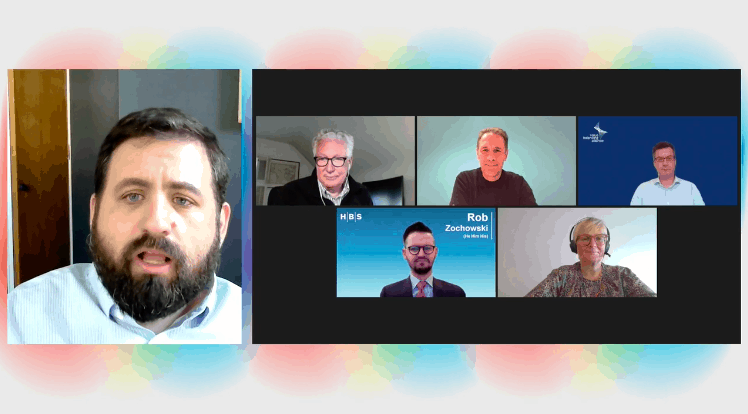Enabling and accelerating the net zero transition can only be achieved by recognising intangibles as the assets that underpin value creation in today's economy. New breakthrough innovations in economics and accounting make this possible. These assets are people and relationships, networks and innovation. They are not fixed assets. They are intangible, not tangible. Currently, accounting practice treats decisions to invest into the transition as costs on the income statement. Businesses, investors and countries are not rewarded for those investments decisions and in fact, are actively disincentivised from doing so. By applying existing technical accounting and Standards to intangibles, decisions to invest in the transition are instead rewarded and encouraged, providing permission to conform with changing social norms. This treatment, developed by Rethinking Capital and Harvard Business School, is called normative accounting for intangibles. It rewards those investments by building new assets on the balance sheet and increasing profitability. Whilst also recognising, on the balance sheet, that an entity has a contingent liability to the public at large. This sets out how to embed accounting in social norms – such as the imperative to tackle the climate emergency, preserve life on earth and properly recognise and reward investments into people. The solution is practical, robust, simple and immediately available. Economic and social progress has always been achieved by updating operating rules of the old economy so that they are fit for purpose for the new. By knowing our history a roadmap for transformation of the economic operating system has been created. The transition to net zero can, should and must be enabled and accelerated – and not constrained – by accounting.







